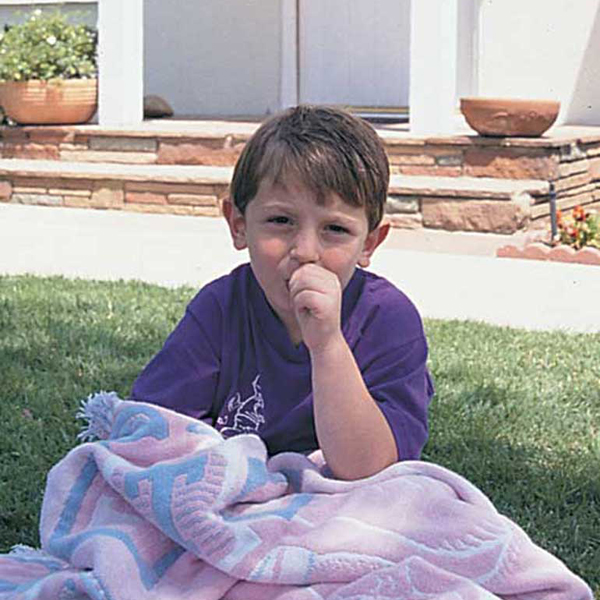When divorce occurs in a family, parents worry about how the children will cope — and the kids’ welfare should be of primary concern. Families formed through adoption may have added concerns when parents split.
What Kids Fear Most
Like all children, adopted school-age children are still developing object constancy — the understanding that their parents will love them, no matter what. But despite their parents’ reassurance, divorce raises a child’s fear of abandonment.
These concerns may emerge through a child’s nightmares; through clinging, crying, or tummy aches over brief separations; in kidnapping fantasies, and worries about parents dying. It’s important to help your child connect the dots: “I’m noticing that you worry a lot about losing us lately, and I wonder if you think that if your father and I don’t live together anymore, one of us may stop loving you.”
Self-blame is common to children of divorced parents — and often greater for the adopted child, who is already wondering whether he was flawed and unlovable. Fears that he somehow contributed to your divorce may get twisted into the mix. His self-esteem may plummet; fears about being “bad” may lead to bad behavior.
Other children strive to be the “good” boys or girls as they try to cope with divorce. They become their moms’ protectors, or even try to play matchmaker in an attempt to remake a “normal” family. Already feeling different from the non-adopted, these children may feel out of control and often experience great anxiety.
Faced with this situation, some children exhibit compulsive tendencies such as overeating, hoarding belongings, or begging for and zealously saving money — trying to store that which they fear may not always be available. Left unchecked, this behavior may evolve into compulsive gambling, overspending, substance abuse, or eating disorders.


